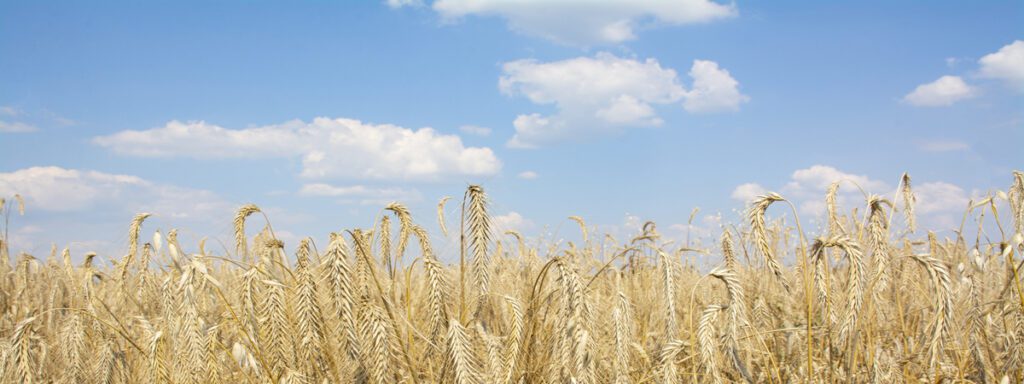Why Do Our Brains Ignore Climate Change

Why Do Our Brains Ignore Climate Change Overview As an Undergraduate teacher of Psychology in the Social Sciences you can use this lesson plan to teach your students aspects of behavioural science, explain why our brains are wired to ignore climate change, and discuss potential behavioural science solutions to the climate crisis. This lesson plan […]
Gender and Climate Change

Gender and Climate Change Overview As an Undergraduate teacher in the Social Sciences, you can use this lesson plan to teach your students about the gender dimensions in the field of climate change. Climate change is a defining factor of human development in recent times. It is not only a topic for scientific or technical […]
Climate Change Impacts on Mental Health

Climate Change Impacts on Mental Health Overview As an Undergraduate teacher of Psychology in the Social Sciences you can use this lesson plan to teach your students impacts of climate change on mental health and well-being. This lesson plan provides an overview of several mental health consequences of global warming. These include stress and distress […]
Poverty and Climate: An Inextricable Link

Poverty and Climate: An Inextricable Link Overview Overview As a High School or Undergraduate Economics or Social Sciences teacher, you can use this set of computer-based tools to help you in teaching about poverty, the impact of climate change on global poverty and the ways to manage it in the current and future scenarios. This […]
Teaching the UN Sustainable Development Goals (SDGs)

Teaching the UN Sustainable Development Goals (SDGs) Overview As a High School or Undergraduate Economics or Social Sciences teacher, you can use this lesson plan to teach about the 17 UN Sustainable Development Goals (SDGs) as outlined by the United Nations for nations to adopt and work towards, for a sustainable future. This lesson plan […]
Marxist Theories and Climate Change

Marxist Theories and Climate Change Overview Overview As an Undergraduate Economics or Social Sciences teacher, you can use this set of computer-based tools to help you in teaching social theoriesin Marxism. This lesson plan will allow you to introduce Marxism in social theory taught across Sociology, Political Science, Economics, and other disciplines. It includes teaching […]
Anthropogenic Environmental Changes and Climate

Anthropogenic Environmental Changes and Climate Overview Overview As a high school Geography, Humanities or Social Sciences teacher, you can use this set of computer-based tools to help you in teaching about human- induced (anthropogenic) environmental changes that challenge sustainability and could be responsible for global climate change. This lesson engages students in learning activities that […]
Climate Refugees and Environmental Migration

Climate Refugees and Environmental Migration Overview As a high school or undergraduate Social Sciences, Humanities, or Environmental Sciences teacher, you can use this set of computer-based tools to help you in teaching about topics such as Social and Environmental Policy, Climate Change and Human Migration, Climate Refugees/Environmental Migrants, and Climate Justice. This lesson plan enables […]
The Locust Plague, Food Insecurity, and Climate Change

The Locust Plague, Food Insecurity, and Climate Change Overview As a High School or Undergraduate teacher in Environmental Sciences, Social Sciences, or Agricultural Sciences, you can use this lesson plan to teach your students about the desert locust outbreaks of 2019-2020, how it may be causing food insecurity in some countries, and the link between […]
Hip-Hop in the Classroom: Teaching Climate Change through Rap

Hip-Hop in the Classroom: Teaching Climate Change through Rap Overview As a High School or Undergraduate teacher in the Humanities, the Social Sciences, Earth Sciences, or Environmental Sciences, you can use this lesson plan to teach your students about climate change and global warming through Hip-Hop. This lesson plan provides an introduction to Hip-Hop education […]


